Listening to Your Body: A Deep Dive into Hypothyroidism Symptoms in McKinney

Have you ever felt tired no matter how much you sleep? Are you gaining weight despite eating healthy and staying active? Or maybe you just don’t feel like yourself anymore, but you can’t explain why. If this sounds familiar, your thyroid may be calling for help. At Forum Functional Health, we frequently help patients explore […]
10 Science-Backed Tips from a Functional Medicine Doctor for Thyroid Health in Texas

Thyroid disorders can affect every aspect of your well-being — from your mood and metabolism to your energy levels and hormones. Whether you\’re facing hypothyroidism, hyperthyroidism, Hashimoto’s, or other thyroid conditions, the functional medicine approach offers a science-backed, root-cause-focused path to healing. At Forum Functional Health, our goal is to restore your thyroid balance through […]
Is Hypothyroidism on the Rise in Texas? Discover Symptoms and Treatments
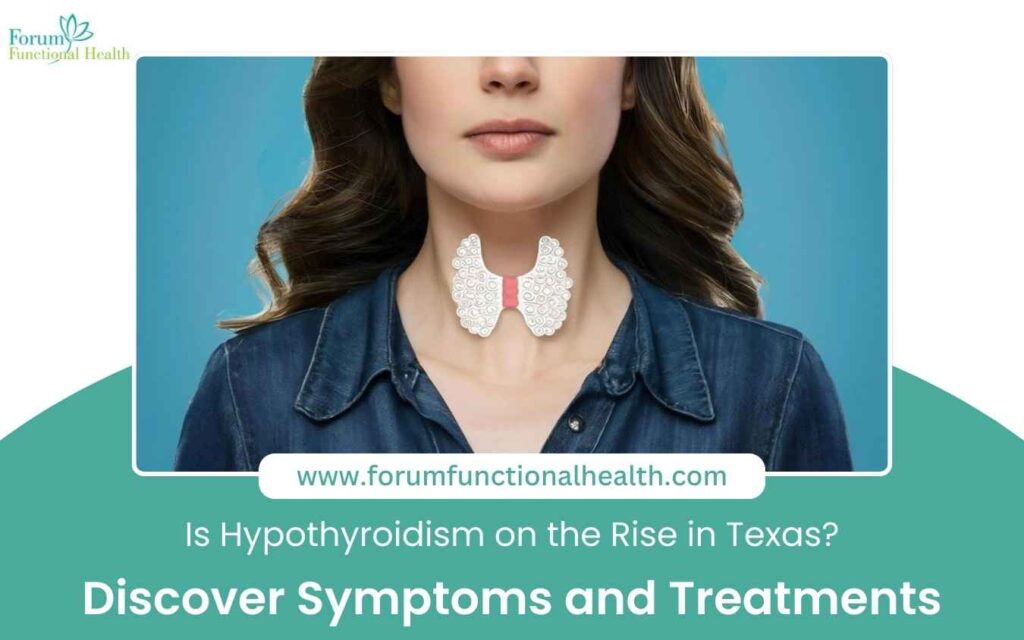
Understanding the Rise of Hypothyroidism in Texas Have you been feeling unusually tired, struggling with unexplained weight gain, or experiencing changes in your skin and hair? If so, you may be one of many Texans facing thyroid problems in Texas. Recent studies suggest that thyroid disease in Texas is becoming more prevalent, particularly hypothyroidism, a […]
Hashimoto’s Disease: Signs, Symptoms, and Breakthrough Treatments
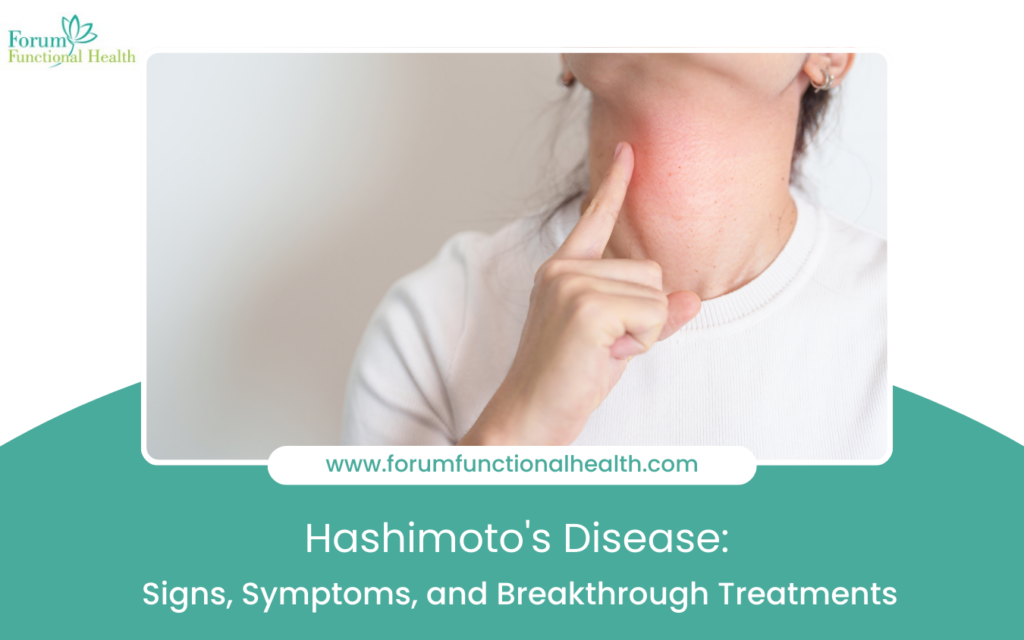
Understanding Hashimoto’s Disease: A Deep Dive into Thyroid Health Hashimoto’s disease, also known as Hashimoto’s thyroiditis, is an autoimmune condition where the immune system mistakenly attacks the thyroid gland. This often leads to hypothyroidism, or underactive thyroid, which can significantly impact your overall health. If you’ve been asking questions like Can thyroid problems cause anxiety? […]
Understanding Thyroid Disease Treatment Options: What Works Best for You?
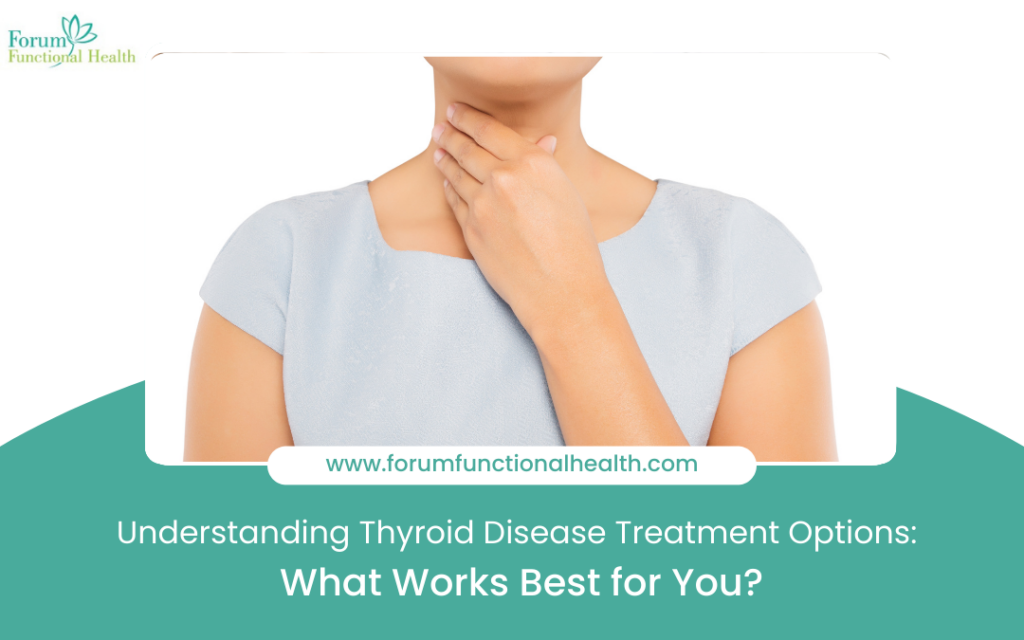
The thyroid gland plays a vital role in regulating many bodily functions. However, when it doesn’t function correctly, it can lead to thyroid disease, impacting your overall health and well-being. Understanding the treatment options available is crucial in finding what works best for you. What Is Thyroid Disease? Thyroid disease encompasses a range of conditions […]
Finding the Right Thyroid Disease Treatment in Mckinney: Your Complete Guide
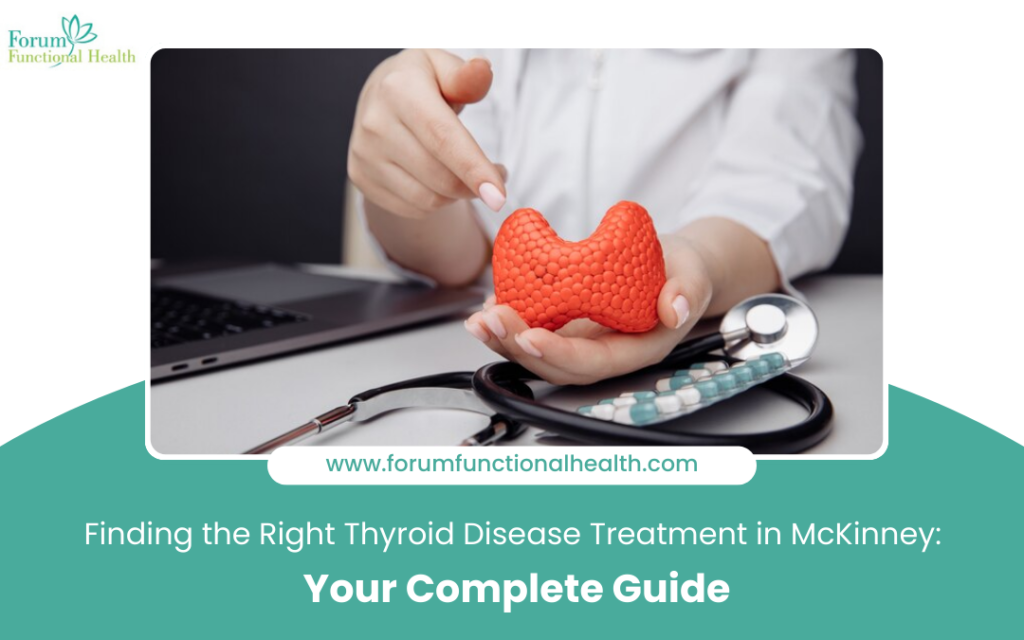
Living with thyroid disease can be challenging and life-altering, from managing overwhelming fatigue to facing sudden weight changes and emotional struggles. If you’re searching for effective thyroid disease treatment in McKinney, TX, you’ve come to the right place. This guide will walk you through your treatment options, with a focus on finding a Functional Health […]
How a Functional Medicine Doctor Can Help Manage Your Thyroid Condition in Texas
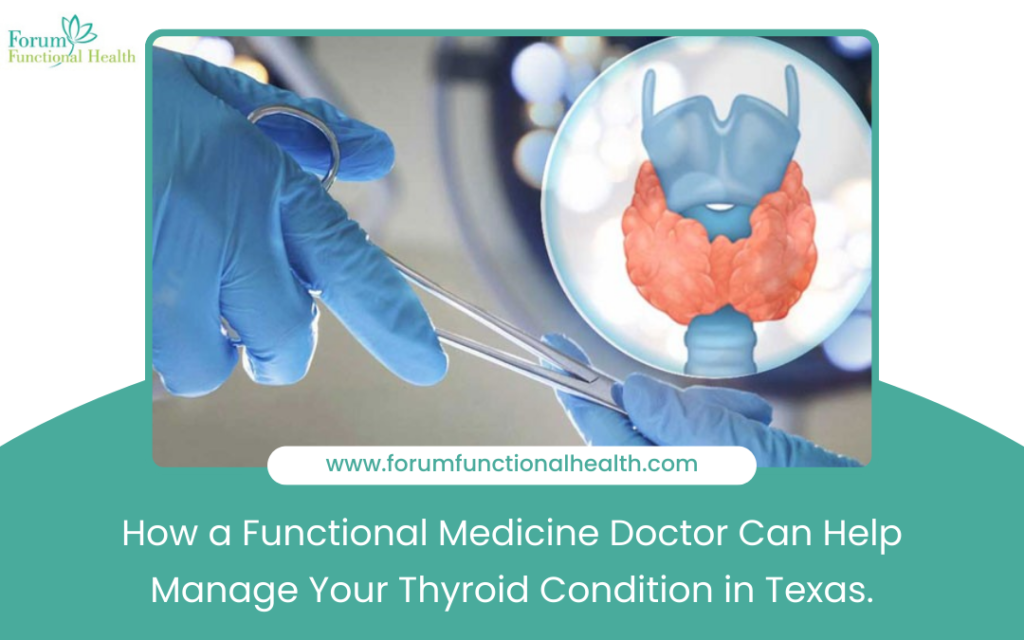
Thyroid conditions can significantly impact your life, affecting everything from energy levels to mood. In Texas, individuals grappling with thyroid issues are turning to functional medicine as an innovative approach to health. By addressing the root causes of thyroid dysfunction, a functional medicine doctor can provide tailored treatment plans that resonate with your unique health […]
Can Thyroid Issues Lead to Missed Abortion? Understanding the Connection
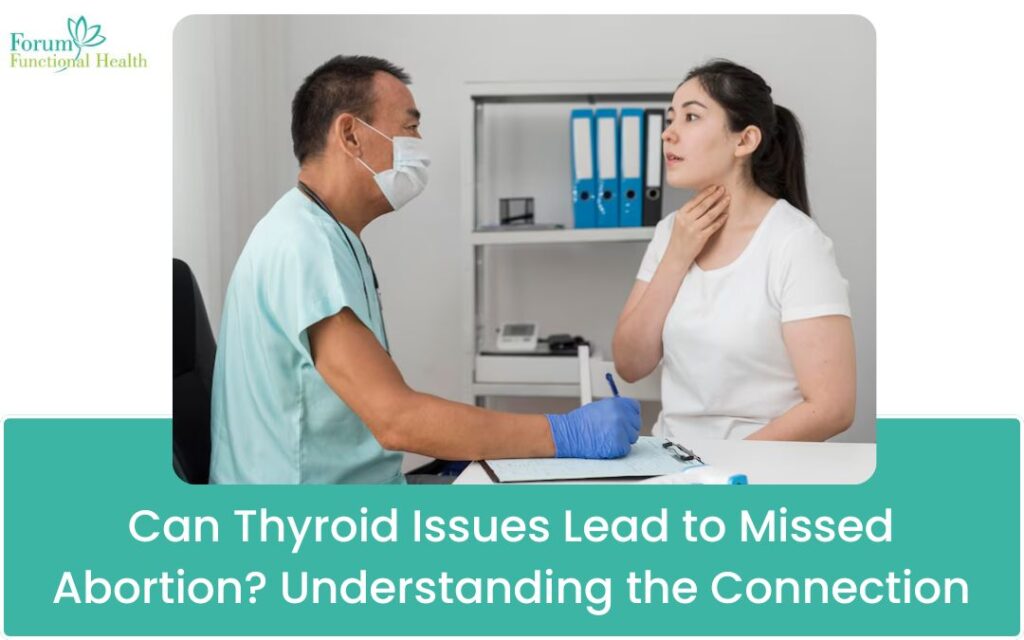
Thyroid health plays a crucial role in various aspects of overall well-being, and its impact on pregnancy is a topic of growing concern. For many women, thyroid issues can significantly affect their reproductive health, sometimes leading to complications such as missed abortions. This blog post delves into the connection between thyroid disorders and missed abortions, […]
Is Thyroid Dangerous During Pregnancy? Thyroid Disease Doctors in Texas

Pregnancy is a transformative journey, but it also brings about numerous health challenges. One such concern for many expecting mothers is thyroid disease. But how dangerous is thyroid disease during pregnancy? Understanding the risks and finding the right care is essential for the health of both mother and baby. This blog post will explore the […]
Early Signs of Thyroid Eye Disease: What You Need to Know
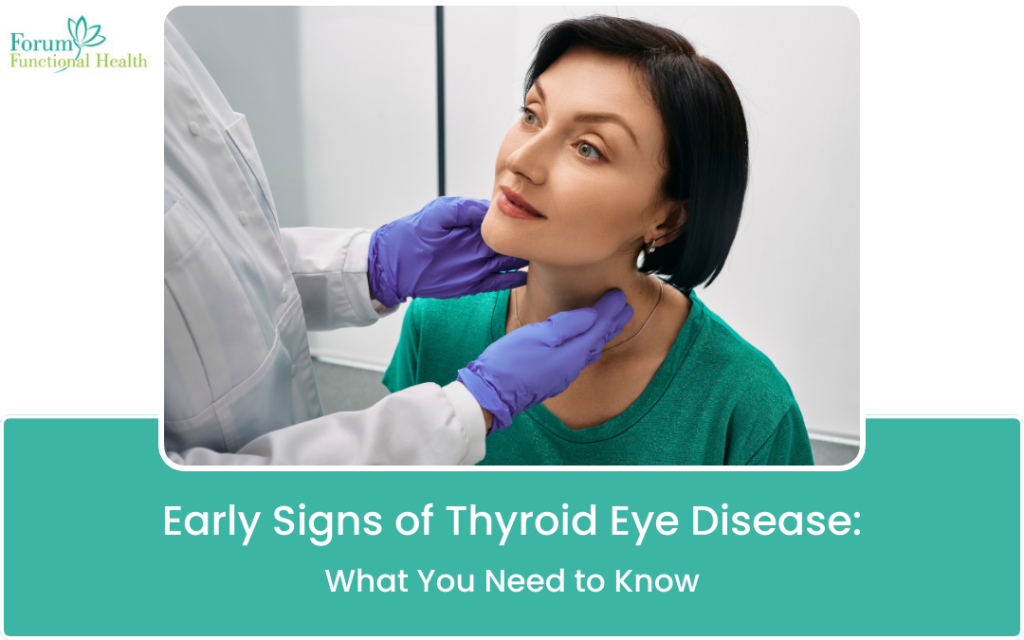
Thyroid Eye Disease (TED), also known as Graves’ Orbitopathy, is a condition that can significantly impact your quality of life. Understanding the early signs of TED is crucial for timely diagnosis and treatment. At the Forum Functional Health Center, we aim to provide you with essential information to help you recognize these signs and take […]
